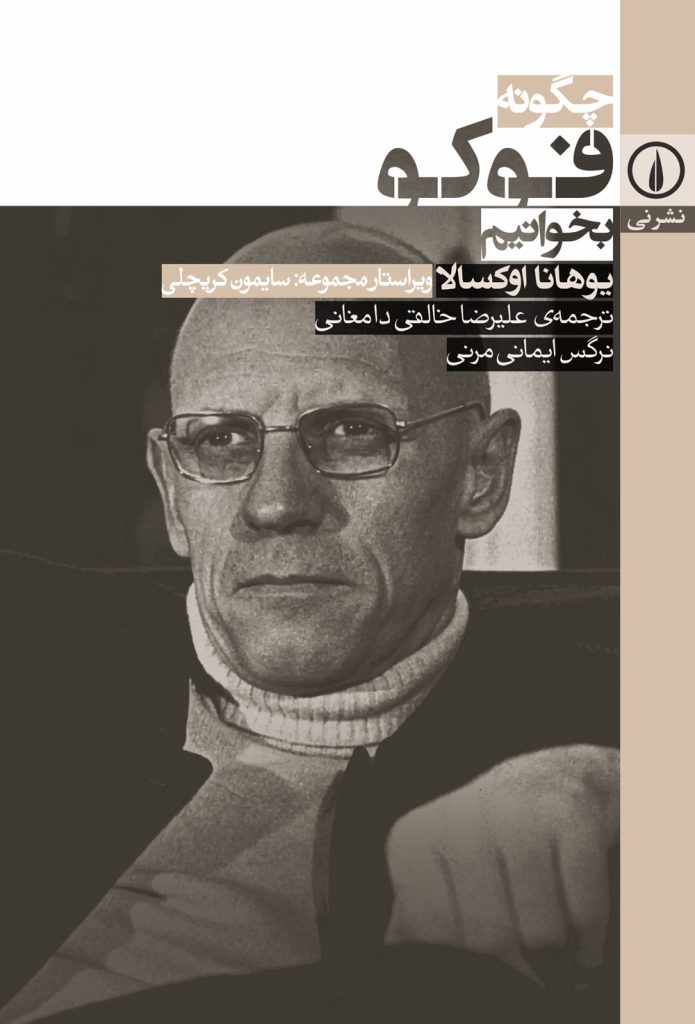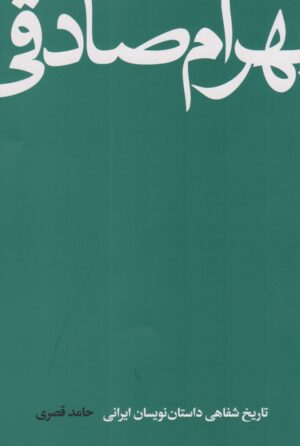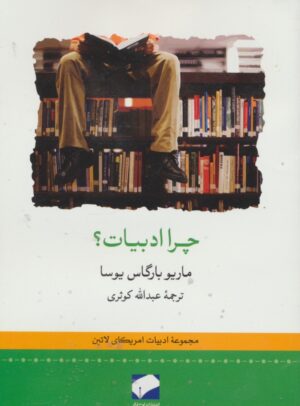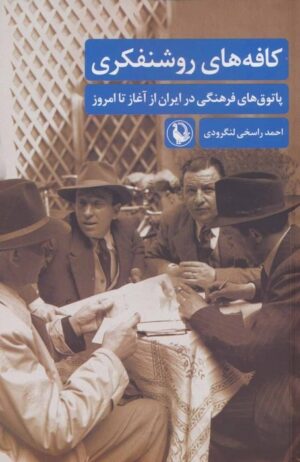Key Themes and Concepts:
- Power and Knowledge: Foucault is renowned for his exploration of the relationship between power and knowledge. Oksala explains how Foucault argues that power is not just repressive but also productive, shaping knowledge and reality itself. This theme is central to Foucault’s work, particularly in his books “Discipline and Punish” and “The History of Sexuality.”
- Disciplinary Societies: The book delves into Foucault’s concept of disciplinary societies, where power is exercised through institutions such as prisons, schools, and hospitals. Oksala elucidates how Foucault views these institutions as mechanisms for controlling and regulating behavior, creating “docile bodies.”
- Biopolitics and Governmentality: Foucault’s later work introduced the ideas of biopolitics and governmentality, focusing on the ways in which governments manage populations. Oksala breaks down these complex ideas, showing how Foucault’s analysis extends to the ways in which life itself is regulated through policies and practices.
- The Archaeology of Knowledge: One of Foucault’s methodological approaches, the archaeology of knowledge, is explained in detail. Oksala describes how Foucault examines historical discourses to uncover the rules and structures that govern the production of knowledge.
- The Care of the Self: In his later works, Foucault shifted his focus to the ethics of the self, exploring how individuals can resist power through practices of self-care and self-formation. Oksala provides an accessible introduction to these ideas, emphasizing their relevance to contemporary issues of identity and agency.
Writing Style: Johanna Oksala’s writing is clear, concise, and engaging. She distills Foucault’s dense and often difficult texts into comprehensible explanations without oversimplifying the complexity of his ideas. The book is structured to guide readers through Foucault’s major works and concepts in a logical and straightforward manner.
Conclusion: “How to Read Foucault” by Johanna Oksala is an invaluable resource for anyone looking to gain a deeper understanding of Michel Foucault’s thought. Whether you are a student of philosophy, a scholar in the humanities, or simply a curious reader, this book provides the tools and insights needed to engage with Foucault’s challenging but profoundly influential ideas. Through Oksala’s lucid explanations, readers are invited to explore the nuances of Foucault’s analysis of power, knowledge, and the self, and to appreciate the enduring relevance of his work.







Reviews
There are no reviews yet.